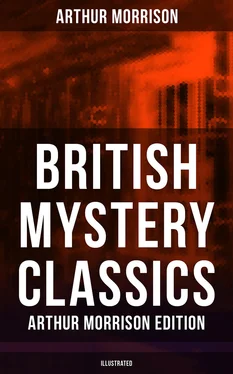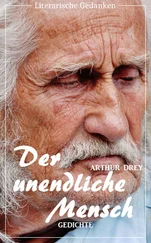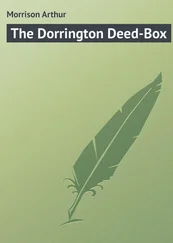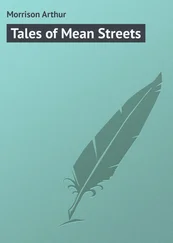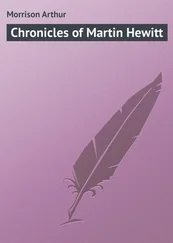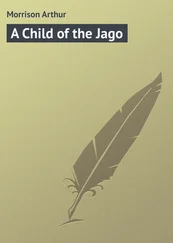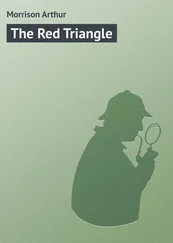All this was very plain, but the main point was still dark.
“You say you know that another man was in the room,” I said; “how do you know that?”
“As I said, by an obvious inference. Come, now, you shall guess how I arrived at that inference. You often speak of your interest in my work, and the attention with which you follow it. This shall be a simple exercise for you. You saw everything in the room as plainly as I myself. Bring the scene back to your memory, and think over the various small objects littering about, and how they would affect the case. Quick observation is the first essential for my work. Did you see a newspaper, for instance?”
“Yes. There was an evening paper on the floor, but I didn’t examine it.”
“Anything else?”
“On the table there was a whisky decanter, taken from the tantalus-stand on the sideboard, and one glass. That, by the by,” I added, “looked as though only one person were present.”
“So it did, perhaps, although the inference wouldn’t be very strong. Go on!”
“There was a fruit-stand on the sideboard, with a plate beside it containing a few nutshells, a piece of apple, a pair of nut-crackers, and, I think, some orange peel. There was, of course, all the ordinary furniture, but no chair pulled up to the table, except that used by Foggatt himself. That’s all I noticed, I think. Stay—there was an ash-tray on the table, and a partly burned cigar near it—only one cigar, though.”
“Excellent—excellent, indeed, as far as memory and simple observation go. You saw everything plainly, and you remember everything. Surely now you know how I found out that another man had just left?”
“No, I don’t; unless there were different kinds of ash in the ash-tray.”
“That is a fairly good suggestion, but there were not—there was only a single ash, corresponding in every way to that on the cigar. Don’t you remember everything that I did as we went down-stairs?”
“You returned a bottle of oil to the housekeeper’s daughter, I think.”
“I did. Doesn’t that give you a hint? Come, you surely have it now?”
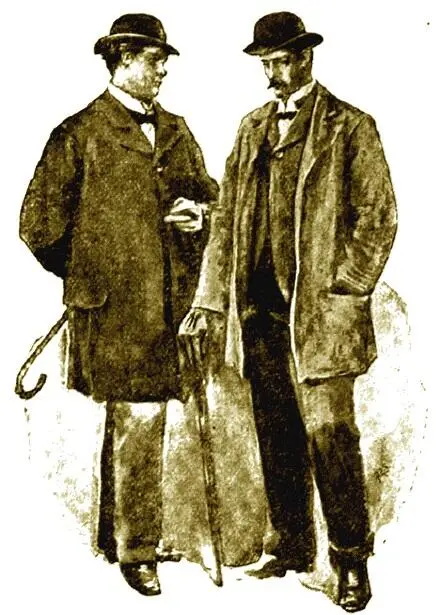
“I haven’t.”
“Then I sha’n’t tell you; you don’t deserve it. Think, and don’t mention the subject again till you have at least one guess to make. The thing stares you in the face; you see it, you remember it, and yet you won’t see it. I won’t encourage your slovenliness of thought, my boy, by telling you what you can know for yourself if you like. Good-by—I’m off now. There’s a case in hand I can’t neglect.”
“Don’t you propose to go further into this, then?”
Hewitt shrugged his shoulders. “I’m not a policeman,” he said. “The case is in very good hands. Of course, if anybody comes to me to do it as a matter of business, I’ll take it up. It’s very interesting, but I can’t neglect my regular work for it. Naturally, I shall keep my eyes open and my memory in order. Sometimes these things come into the hands by themselves, as it were; in that case, of course, I am a loyal citizen, and ready to help the law. Au revoir .”
I am a busy man myself, and thought little more of Hewitt’s conundrum for some time; indeed, when I did think, I saw no way to the answer. A week after the inquest I took a holiday (I had written my nightly leaders regularly every day for the past five years), and saw no more of Hewitt for six weeks. After my return, with still a few days of leave to run, one evening we together turned into Luzatti’s, off Coventry Street, for dinner.
“I have been here several times lately,” Hewitt said; “they feed you very well. No, not that table”—he seized my arm as I turned to an unoccupied corner—“I fancy it’s draughty.” He led the way to a longer table where a dark, lithe, and (as well as could be seen) tall young man already sat, and took chairs opposite him.
We had scarcely seated ourselves before Hewitt broke into a torrent of conversation on the subject of bicycling. As our previous conversation had been of a literary sort, and as I had never known Hewitt at any other time to show the slightest interest in bicycling, this rather surprised me. I had, however, such a general outsider’s grasp of the subject as is usual in a journalist-of-all-work, and managed to keep the talk going from my side. As we went on I could see the face of the young man opposite brighten with interest. He was a rather fine-looking fellow, with a dark, though very clear skin, but had a hard, angry look of eye, a prominence of cheek-bone, and a squareness of jaw that gave him a rather uninviting aspect. As Hewitt rattled on, however, our neighbor’s expression became one of pleasant interest merely.
“Of course,” Hewitt said, “we’ve a number of very capital men just now, but I believe a deal in the forgotten riders of five, ten, and fifteen years back. Osmond, I believe, was better than any man riding now, and I think it would puzzle some of them to beat Furnivall as he was, at his best. But poor old Cortis—really, I believe he was as good as anybody. Nobody ever beat Cortis—except—let me see—I think somebody beat Cortis once—who was it now? I can’t remember.”
“Liles,” said the young man opposite, looking up quickly.
“Ah, yes—Liles it was; Charley Liles. Wasn’t it a championship?”
“Mile championship, 1880; Cortis won the other three, though.”
“Yes, so he did. I saw Cortis when he first broke the old 2.46 mile record.” And straightway Hewitt plunged into a whirl of talk of bicycles, tricycles, records, racing cyclists, Hillier, and Synyer and Noel Whiting, Taylerson and Appleyard—talk wherein the young man opposite bore an animated share, while I was left in the cold.
Our new friend, it seems, had himself been a prominent racing bicyclist a few years back, and was presently, at Hewitt’s request, exhibiting a neat gold medal that hung at his watch-guard. That was won, he explained, in the old tall bicycle days, the days of bad tracks, when every racing cyclist carried cinder scars on his face from numerous accidents. He pointed to a blue mark on his forehead, which, he told us, was a track scar, and described a bad fall that had cost him two teeth, and broken others. The gaps among his teeth were plain to see as he smiled.
Presently the waiter brought dessert, and the young man opposite took an apple. Nut-crackers and a fruit-knife lay on our side of the stand, and Hewitt turned the stand to offer him the knife.
“No, thanks,” he said; “I only polish a good apple, never peel it. It’s a mistake, except with thick-skinned foreign ones.”
And he began to munch the apple as only a boy or a healthy athlete can. Presently he turned his head to order coffee. The waiter’s back was turned, and he had to be called twice. To my unutterable amazement Hewitt reached swiftly across the table, snatched the half-eaten apple from the young man’s plate and pocketed it, gazing immediately, with an abstracted air, at a painted Cupid on the ceiling.
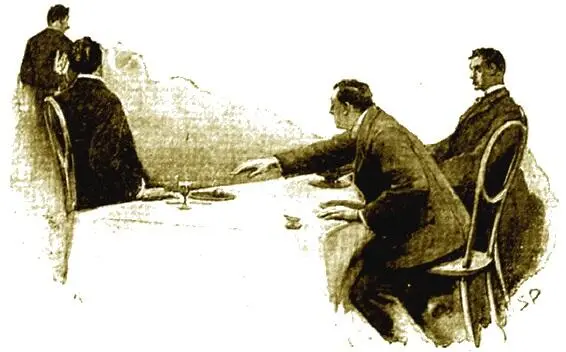
Our neighbor turned again, looked doubtfully at his plate and the table-cloth about it, and then shot a keen glance in the direction of Hewitt. He said nothing, however, but took his coffee and his bill, deliberately drank the former, gazing quietly at Hewitt as he did it, paid the latter, and left.
Immediately Hewitt was on his feet and, taking an umbrella, which stood near, followed. Just as he reached the door he met our late neighbor, who had turned suddenly back.
Читать дальше
